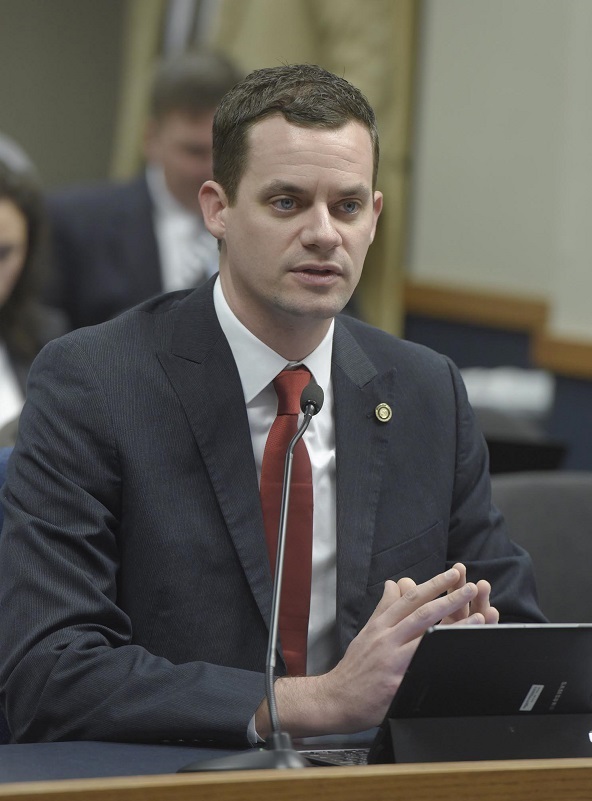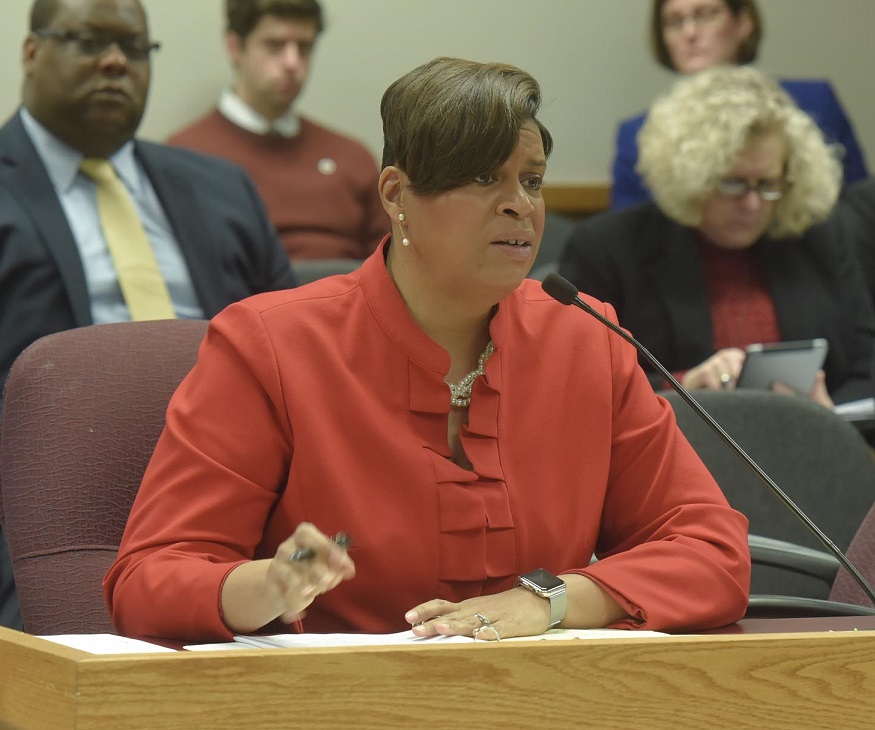House budget leaders are rejecting Governor Eric Greitens’ (R) plan to use a line of credit to help pay for getting tax refunds out to Missourians.

Under the administration’s plan the state would seek a line of credit of up to $250-million. That would be used to help the state get refunds out faster and would be paid off by the time the fiscal year ends at the end of June. The loan would have come from MoHEFA, the Missouri health and Educational Facilities Authority, which typically helps finance buildings projects for colleges and universities.
House Budget Committee Chairman Scott Fitzpatrick (R-Shell Knob) considered the idea since it was first presented to him, but has since cooled on it.
Both Fitzpatrick and the top Democrat on the budget committee, Representative Kip Kendrick (D-Columbia), also question the constitutionality of that plan.
“The nature by which they wanted to do it was to use a quasi-governmental agency to borrow off budget and then use state appropriations to pay off through that quasi-governmental entity those loans,” Fitzpatrick said. “It was creative but it isn’t something that I feel real comfortable with on the constitutionality issue.”
Senate leaders have also reportedly rejected the loan idea.
Asked whether the legislature needs to reevaluate how refunds are disbursed in order get them out faster, and with the state paying less interest on delayed refunds, Fitzpatrick said let’s wait and see.
“Like two years ago we had a 15-percent year-over-year increase in refund expenditures. It went up like $200-million in one year and … we didn’t anticipate that. When you have something like that – that kind of growth in refunds – it can create some cash flow problems, especially right at the end of the fiscal year,” said Fitzpatrick. “If we have a good year of growth and we can get our General Revenue Fund cash balance in a better situation, and we don’t have an explosion in refunds … I think we ought to be able to get ourselves in a better situation where we’re paying refunds in a timely fashion.”
The House Budget Committee this week began going over Greitens’ budget proposal. Over the coming months the House and Senate will craft a legislative spending plan that will be sent to Greitens before the end of the session in May.




